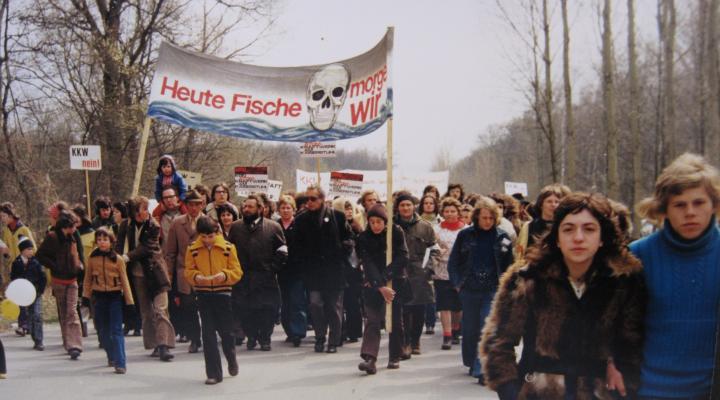Arcadia, 2013, no. 5
The North Sea flood of 1953 caused widespread damage and approximately 2,400 fatalities in the UK, the Netherlands, and Belgium. As devastating as it was, the flood also triggered many changes in how the countries surrounding the North Sea manage their flood risk, including the development of improved warning systems and various protection schemes.
